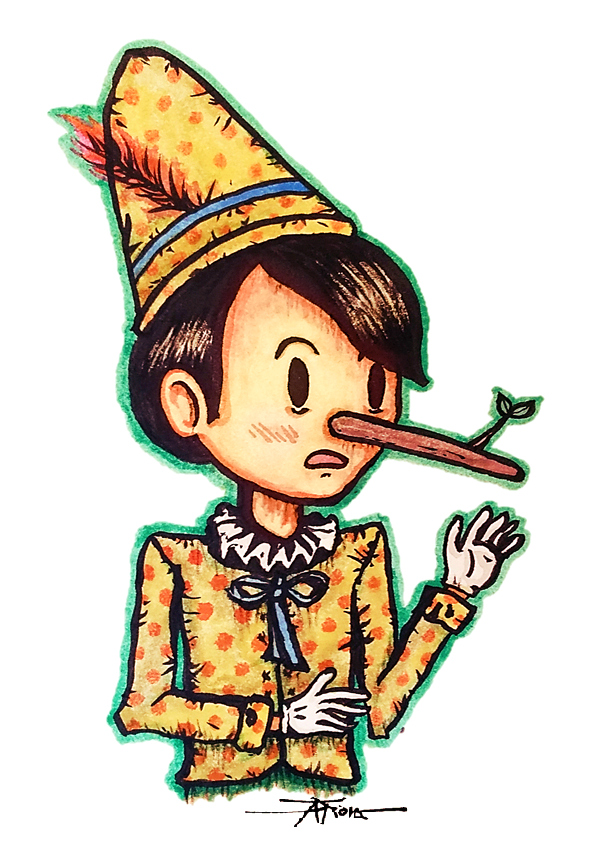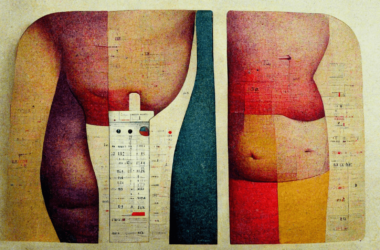American politicians are rarely known for their honesty, and their performances in presidential debates tend to be no exception. From Gerald Ford’s claim in 1976 that “there is no Soviet domination of Eastern Europe” to Mitt Romney’s assertion in 2012 that the Obama administration took 14 days before acknowledging the Benghazi attack as an act of terror, there is a long history of politicians resorting to falsehoods in an effort to win debates.
The most recent presidential debate on Oct. 9, between Hillary Clinton and Donald Trump, wandered farther from the facts than any has before.
Over the course of the debate, Trump told a variety of lies: Apparently, he did not support the Iraq war, said the 2008 Clinton campaign originated the “birther” conspiracy against then Senator Barack Obama, and made the baffling assertion that “nobody has more respect for women than I do.”
While Clinton mostly steered clear of blatant falsehoods during the debate, she has struggled throughout the campaign to be honest regarding the presence of classified information on a private email server that she used as Secretary of State.
Both candidates are trusted by only a small percentage of voters, with a Fox News poll released Oct. 13 showing that Clinton and Trump were described as “honest and trustworthy” by just 33 per cent and 32 per cent of likely voters, respectively.
Data backs up the anecdotal evidence of the 2016 candidates’ remarkable dishonesty. Politifact, a non-partisan fact-checking website operated by the Tampa Bay Times, catalogues statements made by politicians, rating them as either ‘Pants on Fire,’ False, Mostly False, Half True, Mostly True, or True.
The website has rated a total of 289 statements by Donald Trump, and has rated only 29 per cent of them Half True or higher. Conversely, for a total of 269 statements made by Hillary Clinton, 72 per cent were rated ‘Half True’ or higher. Trump also received the ‘Pants on Fire’ rating for 17 per cent of his statements, while only 2 per cent of Clinton’s statements received that rating.
For all of the 2016 major party candidates—including those who did not win their primary—52 per cent of statements were at least Half True. This marks a noticeable decline from the 2012 campaign, when 57 per cent of statements were at least Half True, and an even steeper decrease from the 2008 campaign, when 67 per cent of statements received at least that rating.
One possible reason for this decline is the rise of alternative media that creates hyper-partisan echo chambers where truth is rarely a priority.
“This is the worst campaign that I can remember,” McGill Professor of Political Science Harold Waller, an expert on U.S. politics, said. “The problem is that the media seem to have abandoned the practice—which I think is important for the media—of being impartial in reporting the news. The line between reporting the news and editorializing is becoming blurred.”
Websites such as Breitbart—whose chairman, Steve Bannon, has been Trump’s campaign chief executive since August—provide their target audience with an alternative version of the truth: A ‘truth’ which supports the inaccurate claims of their favoured candidates with faulty evidence and conspiracy theories, all under the guise of an unbiased news organization.
Conservative media outlets aren’t the only companies guilty of falsehoods either: Left-leaning sites such as The Huffington Post, particularly during the Democratic primary, often abandon the truth in order to push their message and draw visitors.
The existence of alternative media means that there will be sources that will defend statements as true and supporters of that candidate will inevitably cling to the sources that tell them what they want to hear while denouncing more objective and unbiased sources. The resulting increase in traffic and popularity incentivizes media companies to become even less impartial in the hopes of driving up revenue, creating a vicious feedback loop.
If this cycle continues, the day may arise when truth in politics is like a black-and-white movie—antiquated and perhaps charming, but obsolete.








